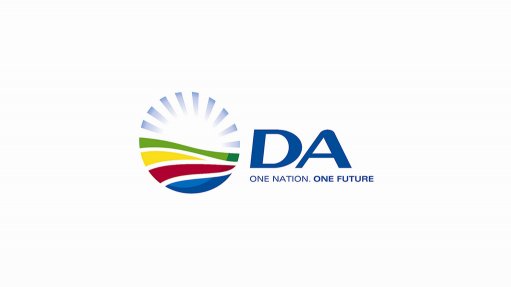
The Democratic Alliance (DA) has rejected what it said was an “attempted money grab” by the African National Congress (ANC), as the Electoral Matters Amendment Bill was passed in the National Assembly with 240 votes to 90.
The Bill will now be sent to the National Council of Provinces for concurrence.
DA Shadow Home Affairs Deputy Minister Adrian Roos said the Bill passed is a “crude” attempt at directing more public and donor funds to the coffers of the ANC to help them try and cling on to power.
“This is being done by changing how party funding is allocated to suit themselves and by possibly removing limits for maximum donations and reporting thresholds for a while to create an opportunity to stuff their couches. These amendments have nothing to do with the inclusion of independent candidates,” added Roos.
Additionally, the Bill provides for the inclusion of independent representatives who may receive funds from the Multi-Party Democracy Fund (MPDF).
Parliament noted that the fund aims to raise and distribute donated funds from the private sector to represented political parties and will be administered by the Independent Electoral Commission (IEC).
The Bill prevents the IEC from accepting donations for the MPDF if there is reason to believe they come from proceeds of crime.
“The Commission can also suspend the payment of money to a represented political party, independent political party, or independent representative if it is satisfied on reasonable grounds that the represented political party or independent representative has failed to comply with the Act,” explained Parliament.
The DA pointed out that Section 236 of the Constitution provided that “National legislation must provide for the funding of political parties participating in national and provincial legislatures on an equitable and proportional basis.”
Section 236 was clear that this must be done to enhance multi-party democracy, the party said.
“Clause 29 of the Bill does exactly the opposite. It increases the proportionality of the party funding allocation from 66.6% to 90% and decreases the equitable allocation from 33.3% to 10%,” the DA added.
The party highlighted that the proportional portion was split among represented parties according to their share of seats in the relevant legislature while the equitable allocation was shared equally between all represented parties.
“This has the effect of an extra R50-million going to the ANC in the next year alone while smaller parties’ income is drastically reduced. As independent representatives are limited to one seat their allocation would be more than halved,” said Roos.
According to the Bill, a political party, independent representative, or independent candidate must disclose all donations they received to the Commission. A juristic person or entity that donates to a political party, independent representative or independent candidate above the threshold prescribed must disclose this to the Commission.
The DA noted that as the Bill was now referred to the National Council, it would continue to challenge the allocation and press for limits for maximum donations and reporting thresholds to be retained in the interests of fairness to enhance multi-party democracy.